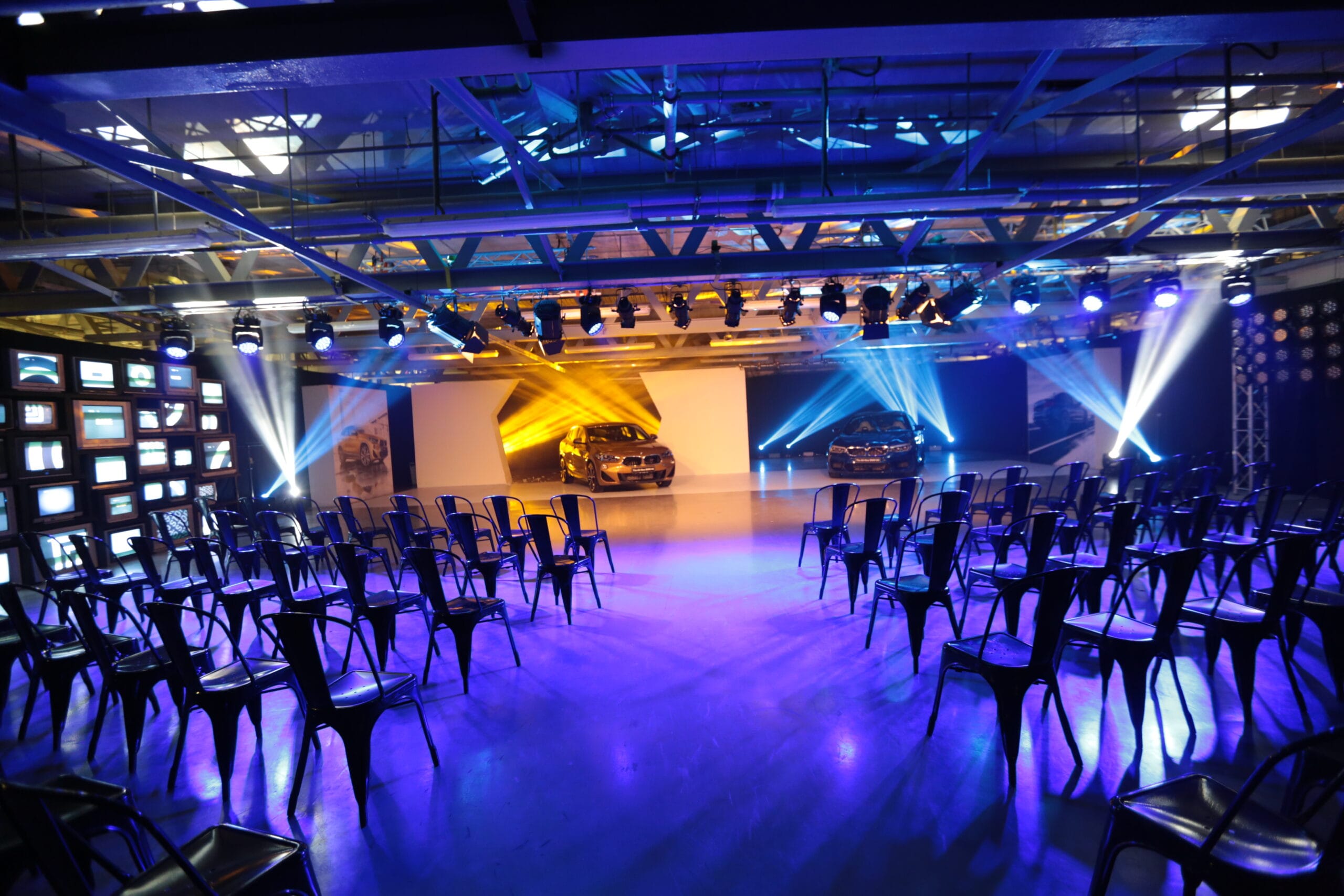The corporate event landscape is rapidly evolving, driven by technological advancements, shifting audience expectations, and a growing emphasis on sustainability and inclusivity. Staying informed about the latest trends is crucial for event planners and organizers to create impactful experiences that resonate with diverse audiences.
In 2025, corporate events can transform by embracing innovation and adaptability. From hybrid events that combine virtual and in-person experiences to wellness-focused initiatives and data-focused strategies, these trends are reshaping the event planning process. By aligning with these developments, businesses can deliver memorable experiences, encourage deeper attendee engagement, and create lasting value.
This article explores ten key trends shaping corporate events in 2025, offering actionable insights for event professionals to stay ahead of the curve.
10 Corporate Event Trends in 2025
Corporate events in 2025 are evolving to meet the needs of a diverse audience in an increasingly complex industry. The following trends are transforming corporate gatherings, providing event planners with ideas to create impactful, memorable experiences.
1. Hybrid Events
Hybrid events are changing the game by blending in-person and virtual experiences. This format enables event planners to reach broader audiences, offering attendees flexible ways to participate and engage.
Advancements in event technology have made hybrid events more seamless, with live streaming, virtual networking, and interactive sessions. Planners can enhance attendee satisfaction with gamification, real-time polls, and breakout sessions, improving engagement and gaining insights into attendee preferences, helping shape the success of future events.
2. Personalized Experiences
In today’s events industry, delivering personalized experiences is essential to meet attendees’ expectations. By analyzing event data, planners can create custom agendas, personalized breakout sessions, and tailored networking opportunities that align with individual preferences.
Using AI-powered tools, event organizers can collect actionable data to understand attendee behavior, ensuring the content resonates with diverse participants. Personalized communication before, during, and after the event further boosts attendee satisfaction and strengthens connections.
3. Sustainable Practices in Event Planning
Sustainability has become a top priority in corporate event planning. From digital tools that reduce waste to eco-friendly venues, these practices are transforming how corporate events are designed.
Event organizers can incorporate renewable energy sources, plant-based catering options, and waste reduction strategies. Promoting these efforts through event content enhances the overall attendee experience, building trust and encouraging engagement.
4. Immersive Technologies
Virtual reality (VR), augmented reality (AR), and artificial intelligence (AI) are revolutionizing corporate events, allowing event planners to create interactive, memorable experiences. These technologies can be used for virtual venue tours, AR-enhanced exhibits, and personalized attendee recommendations through AI.
Immersive technologies provide unique opportunities that transform traditional event formats, making them more engaging and impactful.
5. Diverse Representation and Inclusive Events
Diversity and inclusion are integral to modern corporate events, reflecting societal values and enhancing attendee engagement. Event organizers should prioritize creating spaces where all participants feel valued and represented.
This includes offering diverse speakers, accommodating various dietary preferences, providing accessible materials, and ensuring physical accessibility for all guests. These practices not only foster positive experiences but also build lasting relationships with attendees.
6. Data-Driven Event Strategies
Data collection is at the heart of successful events, providing valuable insights that help event organizers understand attendee behavior and refine the event planning process. By leveraging advanced event platforms, planners can gather real-time data on session attendance, optimize event content, and ensure that the next event delivers stronger results.
Using this data, event planners can identify what resonates most with participants, enabling organizers to make on-the-fly adjustments.
7. Unique Venues and Experiential Settings
The choice of venue plays a critical role in shaping a memorable event. Unique venues, such as cultural landmarks or innovative architectural spaces, provide an immersive backdrop that enhances the attendee experience.
However, planners should balance creativity with practicality, ensuring venues are accessible and meet attendees’ needs.
8. Interactive Content for Attendee Engagement
Interactive content is essential for creating engaging and dynamic corporate events. Incorporating gamification, live polls, and personalized breakout sessions turns passive experiences into active participation.
Gamified activities, such as competitions and leaderboard challenges, are particularly effective at driving participation. Additionally, interactive mobile apps can facilitate real-time updates and enhance the attendee experience through customization options.
9. Focus on Wellness and Mindfulness
Wellness-focused initiatives have become a priority in event planning, aligning with attendee preferences for balanced and mindful experiences. Incorporating guided meditation, fitness breaks, and wellness lounges can rejuvenate attendees and create a more positive event atmosphere.
Offering nutritious catering, hydration stations, and sensory-friendly spaces also contributes to attendee well-being.
10. Event Accessibility Enhancements
Accessibility is essential for ensuring all attendees feel included and able to fully participate in corporate gatherings. Event organizers can implement measures such as real-time captioning, assistive listening devices, and wheelchair-accessible pathways to promote inclusivity.
Hybrid event options further enhance accessibility by providing attendees the flexibility to participate remotely. By focusing on inclusivity, planners can create impactful events that resonate with all attendees.
Final Thoughts
Staying ahead of corporate event trends is vital for event planners and organizers aiming to create successful events in 2025. Trends such as hybrid events, interactive content, and sustainable event planning are reshaping the event landscape, offering new ways to connect with attendees and achieve notable success.
By incorporating wellness initiatives, unique venues, and data-driven strategies, planners can create events that not only meet attendee expectations but also leave lasting impressions. Whether your next event is a corporate gathering, an immersive experience, or a virtual event, embracing these trends will set your event apart.Partnering with a trusted corporate event management company can help bring these innovative trends to life with precision, creativity, and impact.
